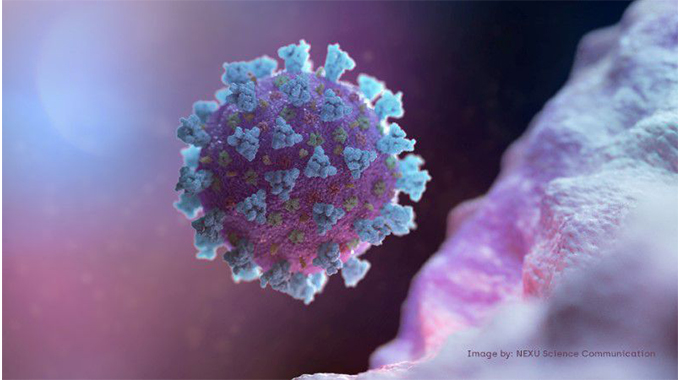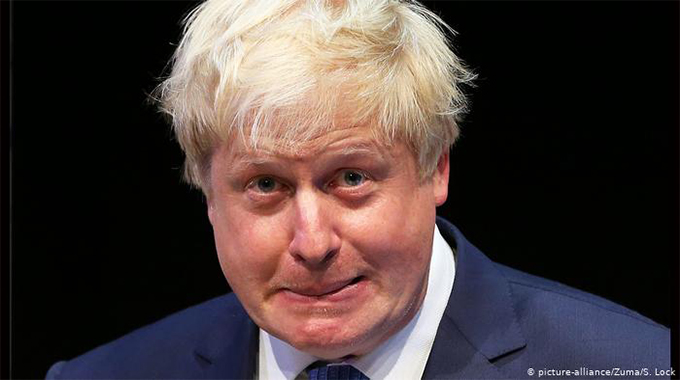Astra antibody cocktail fails to prevent COVID-19 symptoms in large trial

AstraZeneca (AZN.L) said on Tuesday a late-stage trial failed to provide evidence that its COVID-19 antibody therapy protected people who had contact with an infected person from the disease, a small setback in its efforts to find alternatives to vaccines.
The study assessed whether the therapy, a cocktail of two types of antibodies, could prevent adults who had been exposed to the virus in the past eight days from developing COVID-19 symptoms.
The therapy, AZD7442, was 33% effective in reducing the risk of people developing symptoms compared with a placebo, but that result was not statistically significant — meaning it might have been due to chance and not the therapy.
The Phase III study, which has not been peer reviewed, included 1,121 participants in the United Kingdom and the United States. The vast majority, though not all, were free of the virus at the start of the trial.
Results for a subset of participants who were not infected to begin with was more encouraging but the primary analysis rested on results from all participants.
“While this trial did not meet the primary endpoint against symptomatic illness, we are encouraged by the protection seen in the PCR negative participants following treatment with AZD7442,” AstraZeneca Executive Vice President Mene Pangalos said in a statement.
The company is banking on further studies to revive the product’s fortunes. Five more trials are ongoing, testing the antibody cocktail as treatment or in prevention.
The next one will likely be from a larger trial testing the product in people with a weakened immune system due to cancer or an organ transplant, who may not benefit from a vaccine. – Reuters











Comments